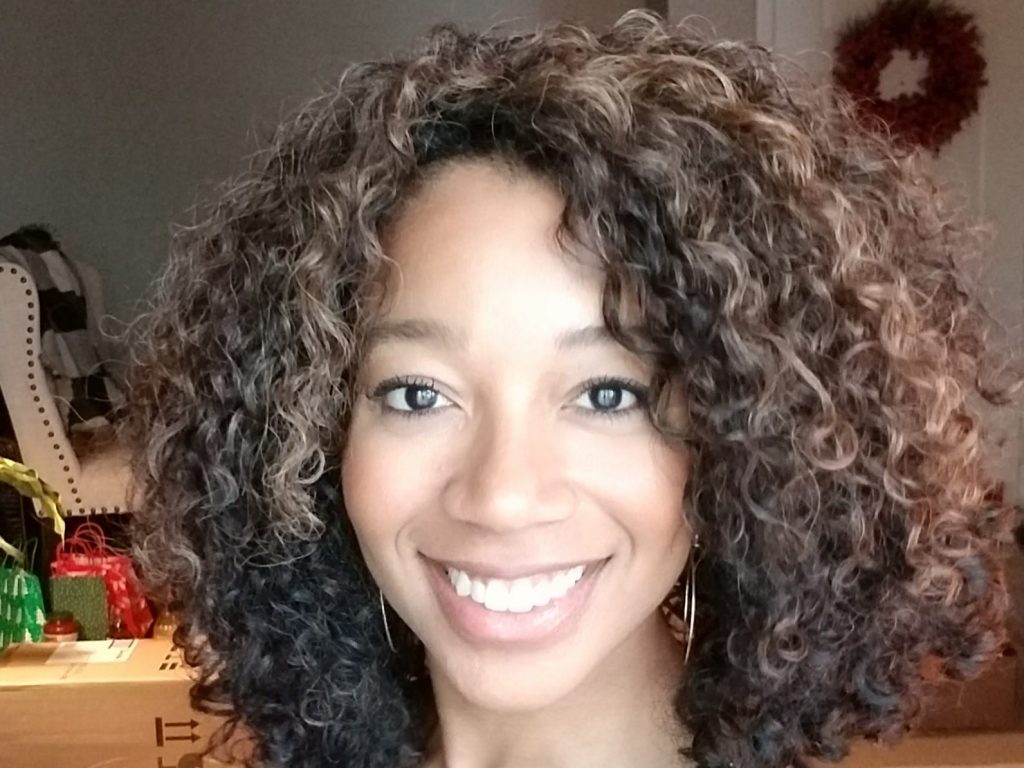- Shanna Bennett owes more than $130,000 in student debt.
- That's $30,000 more than she owed 14 years ago when she finished school, due to interest.
- She says it's affected her credit score, relationships, and ability to pay off other debts, such as her car.
Shanna Bennett was the first person in her family to attend college — and growing up, there was no question that she would be.
Bennett's family immigrated from Jamaica to Philadelphia in the 1990s when she was 7-years-old.
"Once we got here, it was clear my job was to be educated and to get an education," the 37-year-old told Insider. "It was a big deal for me to get into an American university and graduate from one. But at no point did anyone bring up the cost."
When Bennett finished college and graduate school in 2008, she owed more than $100,000 in student loans. After graduating, she struggled to find a job that paid enough for her to get a handle on her debt, which eventually peaked near $200,000 with interest. It's been 14 years since she left school, but she still owes over $130,000 to private loan companies, which Insider verified through documents that Bennett shared.
Bennett's story resembles that of many Americans, 43 million of whom have student loan debt — that's one in 8, according to a NerdWallet analysis of May 2021 census data. Those between the ages 25 and 34 are the most likely to hold student loan debt, but the greatest amount is owed by those between 35 and 49 years old, like Bennett — more than $600 billion collectively.
Since March 2020, federal borrowers haven't been required to make student loan payments and haven't been charged new interest, but pressure is mounting for President Joe Biden to cancel some or all of that debt. At the end of April, Biden said he'd "have an answer" on forgiveness in the coming weeks.
"It's affected me in every single way," she added. "When we talk about student debt, there's this idea that people who are openly talking about it are lazy and not hardworking but we are."
'I saw that they were at $200,000, and that's when the shame set in'
Bennett said that she wasn't aware of how difficult it would be to pay off her debt until she was in graduate school. And even then, she didn't realize that she could make payments for nearly 15 years and still owe more than she did on graduation day.
"My family navigated the higher-ed process without knowing very much about it," she said. "Looking back, I would have loved it if community college was pushed more. But the idea was that it wasn't challenging for me, or good enough for me."
After graduating college, Bennett immediately enrolled in a master's program for business psychology, which she said she picked based on the earning potential. She currently works as a human resources manager at a mid-size manufacturing company, but it took her years to secure a position like that.
She said she chose her field of study "without fully understanding what an entry level position looks like for that degree," she said. After graduation, she says she struggled to find a job, despite having two degrees in her field. When she finally did, she only made $15 per hour.
After seven years of making the minimum payment on her monthly bill, she'd barely made a dent in the principal amount. She applied for forbearance so she could temporarily stop making payments on her loans, given that they were too much to handle. But she still had to pay the interest that accrued each month — ranging from 6.5% to 10% — making the process feel like walking on a treadmill and never reaching the end.
"It was not until I was married and had my first big-girl job that I thought, 'let's tackle this.' And when I sat down to look at my bills, I saw that they were at $200,000, and that's when the shame set in."
'Our money should be in the market and growing'
When Bennett got engaged to her ex-husband, she told him how much debt she had, and they took a course on paying it off.
The course encouraged people to pay off their smallest debts first, forgoing longer term investments like saving for retirement in order to dedicate all extra cash to pay down bills, she said. It didn't sit well with her. "I was an HR manager at the time," she said, "encouraging employees to take advantage of their benefits, and I wasn't even enrolled in it."
In the past few years, Bennett said, she's found a wealth of resources in the personal finance community on Instagram, as well as Debt Collective, a debtor's union.
Instagram "empowered me to start throwing money into my 401k," she said. "Our money should be in the market and growing… some of us have been in debt for 20-plus years, and to not throw money into retirement for all that time is ridiculous."
Through the personal finance community, Bennett said she also learned how to pay off her car loan, adding that her credit card bill is also paid off each month.
Bennett said that she's in much better shape than she was a few years ago, but that debt is still cutting off possibilities for her future.
"I would love to travel right now," she said. "I have a good job and no kids, but I have this debt… I have just under $132,000 in debt remaining, and I'm watching very closely what the Biden administration does with student loans."
